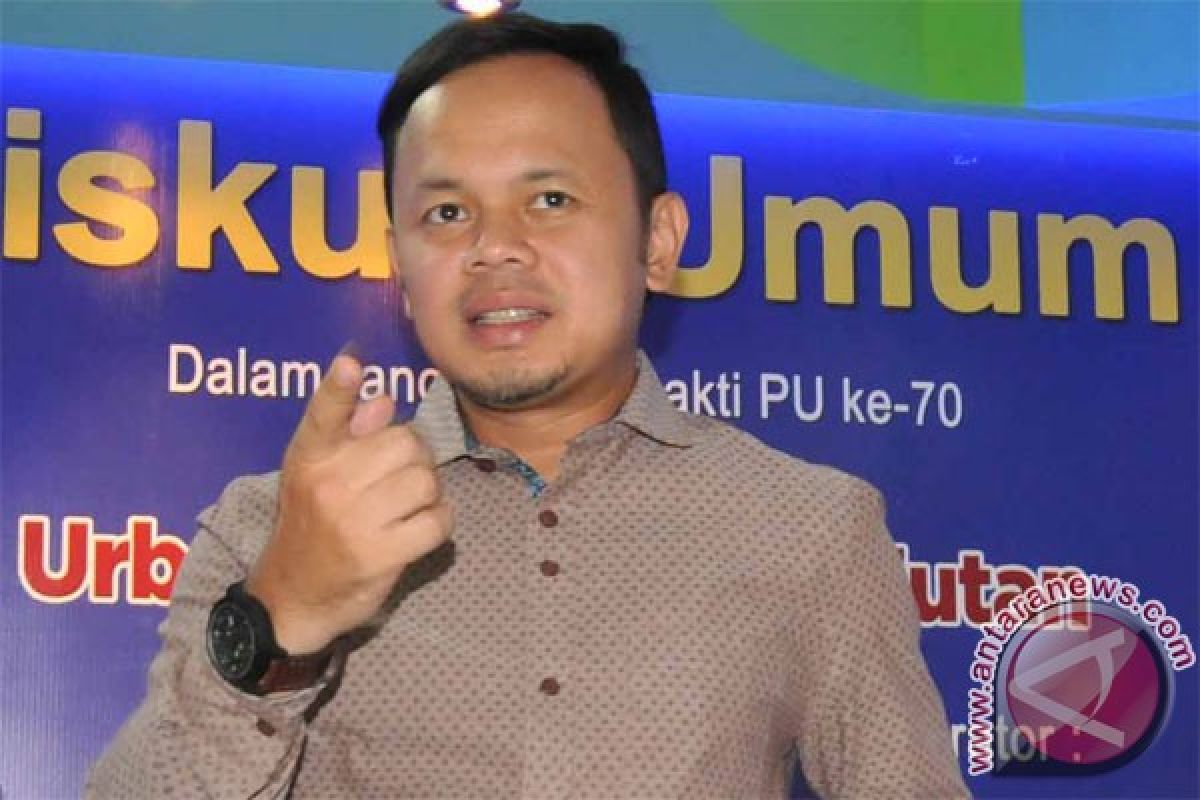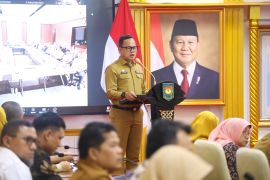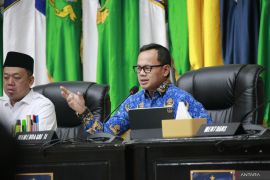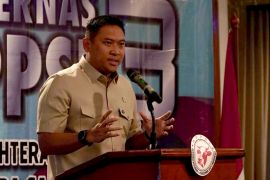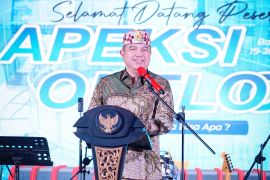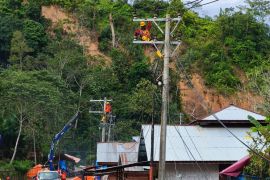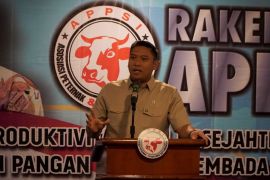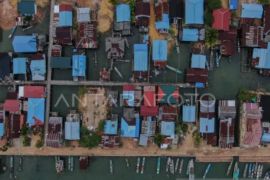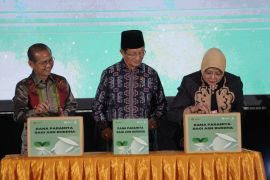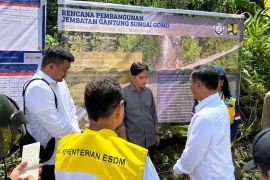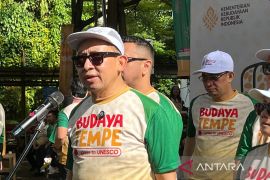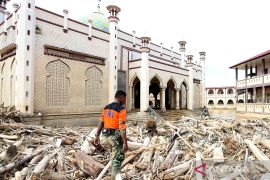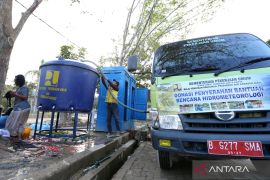"At the meeting, at least Bogor City has been under the radar of the World Bank and the IMF to become one of the areas of concern," Mayor Bima told Antara via a call here Sunday.
Bima was a speaker at a forum under a theme "Inclusive Urbanization Amid Global Change" along with other speakers, namely, Vice President and Chief Operating Officer of International Finance Corporation, Stephanie von Friedeburg; Managing Director of Grab Indonesia, Ridzki Kramadibrata; and Director of McKinsey Global Institute, Jonathan Woetzel.
Bima shared some moments when he was delivering a speech at the forum, consisting of photos and videos through his WhatsApp account.
In the 28-second video, Bima explained about the urban and public transportation developments in Bogor City.
He pointed out that at the meeting he explained the development concept of Bogor which opened up opportunities for the private sectors to take part in the development of the city.
Bima explained that Bogor is currently facing two simultaneous challenges.
"First is population growth and the second one is about the position of Bogor as part of the Jabodetabek (Jakarta-Bogor-Depok-Tangerang-Bekasi) megapolitan," he said.
He added that due to its location, the urbanization flow to Bogor continues to rise every year, packing commuters with 800 thousand people per day who take Jakarta-Bogor route. In addition, in the weekend, the number of people visiting Bogor continues to increase by around 300 -400 thousand people," he noted.
Bima added that the challenge for the Bogor City and other megapolitan administrations was how to ensure that the urbanization flow was in line with infrastructure improvements as well as effective and efficient public services.
"The key word is collaboration," he said.
According to him, since 2014 Bogor has opened up itself to collaborate with local, national and international institutions. The city administration has been partnering with the private sectors, universities and people in drafting the concept of urban development.
"This is because urbanization cannot be handled by the city administration alone, but also with other parties," the Mayor said, adding that developing countries needs financial supports for infrastructure development projects to boost sustainable economic growth.
"We cannot rely only on a limited budget to speed up development," he said.
According to him, the role of the private sectors in financing infrastructure projects is one of the keys to successful development.
This is in accordance with the direction of West Java Governor Ridwan Kamil, stating that the local administrations could look for other financial sources; one of the options is through Public Private Partnership.
"We are now establishing the right format in accordance with the rules," he said.
Bima noted that the IMF-World Bank Annual Meeting paved the way for cooperation with the private sectors and captured their interests in development projects, including in Bogor.
"I met with many policy makers, I met with many investors. We will arrange time for some of the world`s leading investors to visit Bogor," he said.
"I also met with the Managing Director of Grab Indonesia, Ridzki Kramadibrata, who said that Bogor City has a strategic position to connect transportation services with Jakarta and vicinity areas," Bima said.
The 2018 IMF-WB Annual Meeting in Bali addressed three important issues, namely, global economic development, human capital, and financial-based technology.
Reporting by Laily Rahmawaty
Editing by LWA, Fardah
Reporter: antara
Editor: Bustanuddin
Copyright © ANTARA 2018
